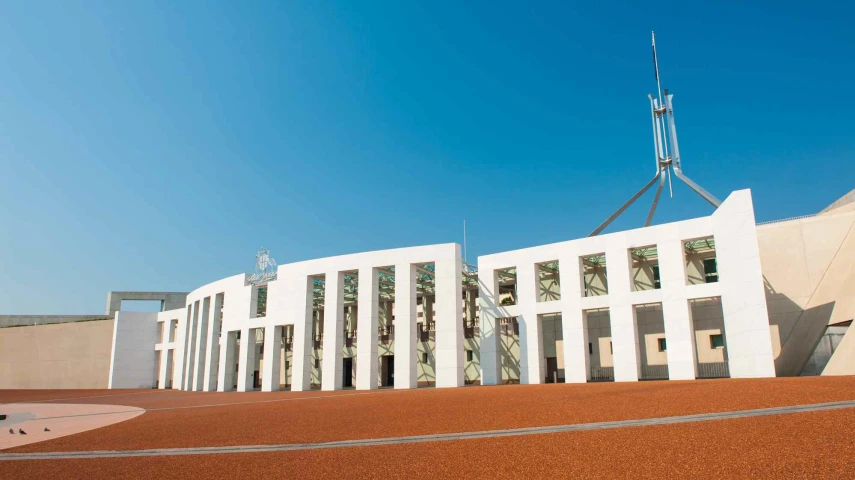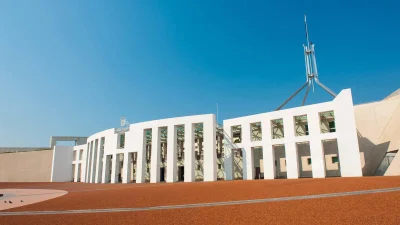Budget 2023: Economic growth to slow to 1.5%



Treasurer Jim Chalmers has warned economic growth is expected to slow to 1.5 per cent in 2024.
Announcing his second budget speech on 9 May, Chalmers announced the macroeconomic conditions and forecasts of the Australian economy.
Economic growth was forecast to be 3.25 per cent this year then fall dramatically to 1.5 per cent in 2024. It would then rise slightly to 2.25 per cent in 2025.
Inflation was expected to fall to 3.25 per cent next year and return to the Reserve Bank of Australia’s target band of 2-3 per cent in 2024-25, which Chalmers stated was "still higher than we'd like".
CPI inflation was 7 per cent in the March quarter, down from 7.8 per cent, and Chalmers had previously confirmed this figure was the ‘peak’ of inflation. Quarterly inflation increased by 1.4 per cent, the smallest quarterly increase since December 2021.
He said: “The global economy is slowing due to persistent inflation, higher interest rates and financial sector strains.
“Inflation remains our primary economic challenges, it drives rate rises and erodes real wages. Which is why this Budget is carefully calibrated to alleviate inflationary pressures, not add to them. Our policies to ease the pressure on households will take ¾ of a percentage point off inflation in 2023–24.”
Wages growth for 2023–24 was forecast to be 4 per cent, an “earlier and stronger return to real wages growth” than had been forecast at the last Budget in October 2022.
A small surplus was forecast in 2022-23 and was expected to be followed by a deficit of $13.9 billion in 2023-24.
Since the last Budget in October, Australia had seen consecutive interest rate rises with only March seeing a pause in the increases. Interest rates currently sat at 3.85 per cent and had risen 11 times since May 2022.
Recommended for you
Clime Investment Management has welcomed an independent director to its board, which follows a series of recent appointments at the company.
Ethical investment manager Australian Ethical has cited the ongoing challenging market environment for its modest decrease in assets over the latest quarter.
Commentators have said Australian fund managers are less knowledgeable compared with overseas peers when it comes to expanding their range with ETFs and underestimating the competition from passive strategies.
VanEck is to list two ETFs on the ASX next week, one investing in residential mortgage-backed securities and the other in Indian companies.















